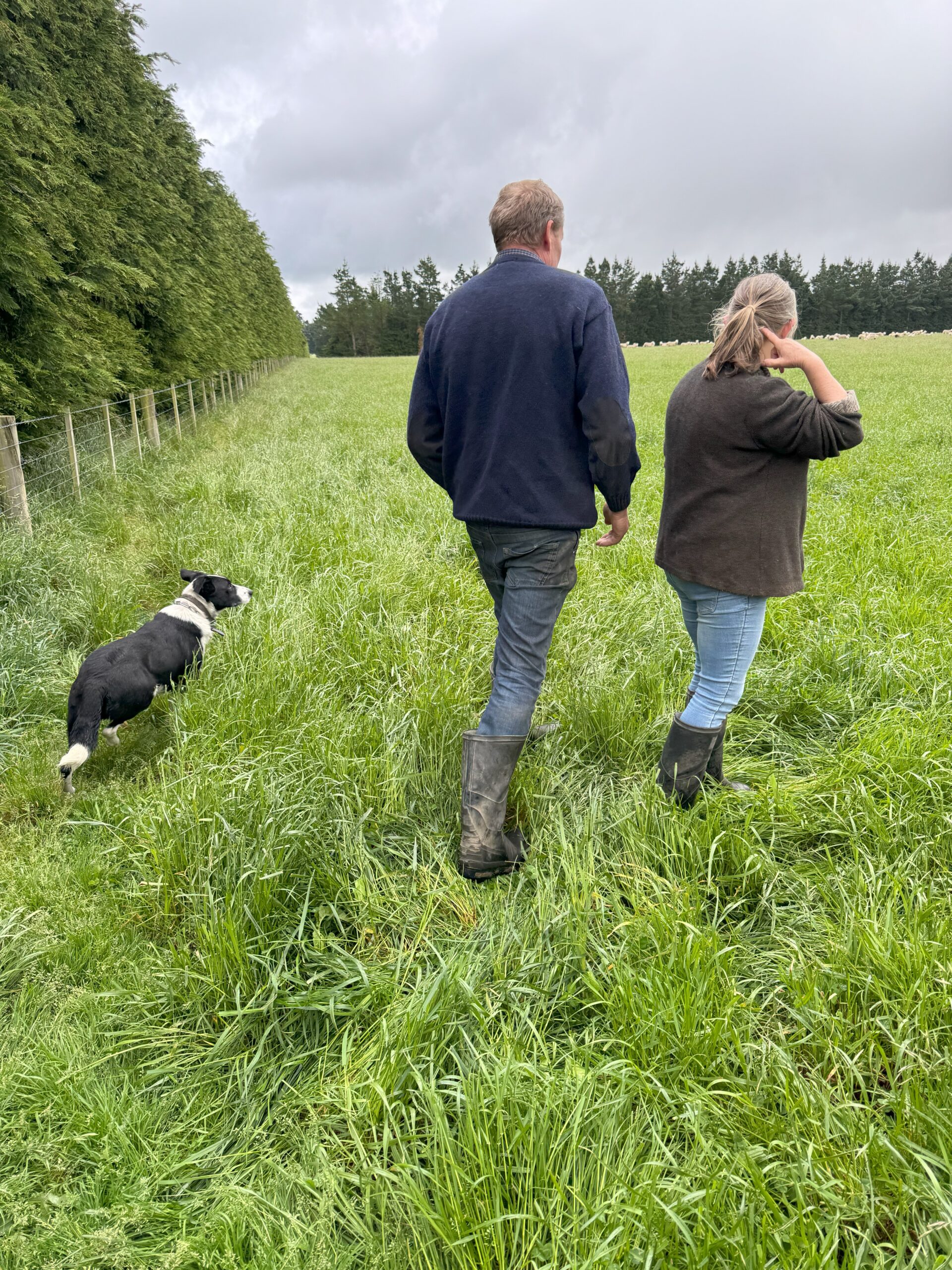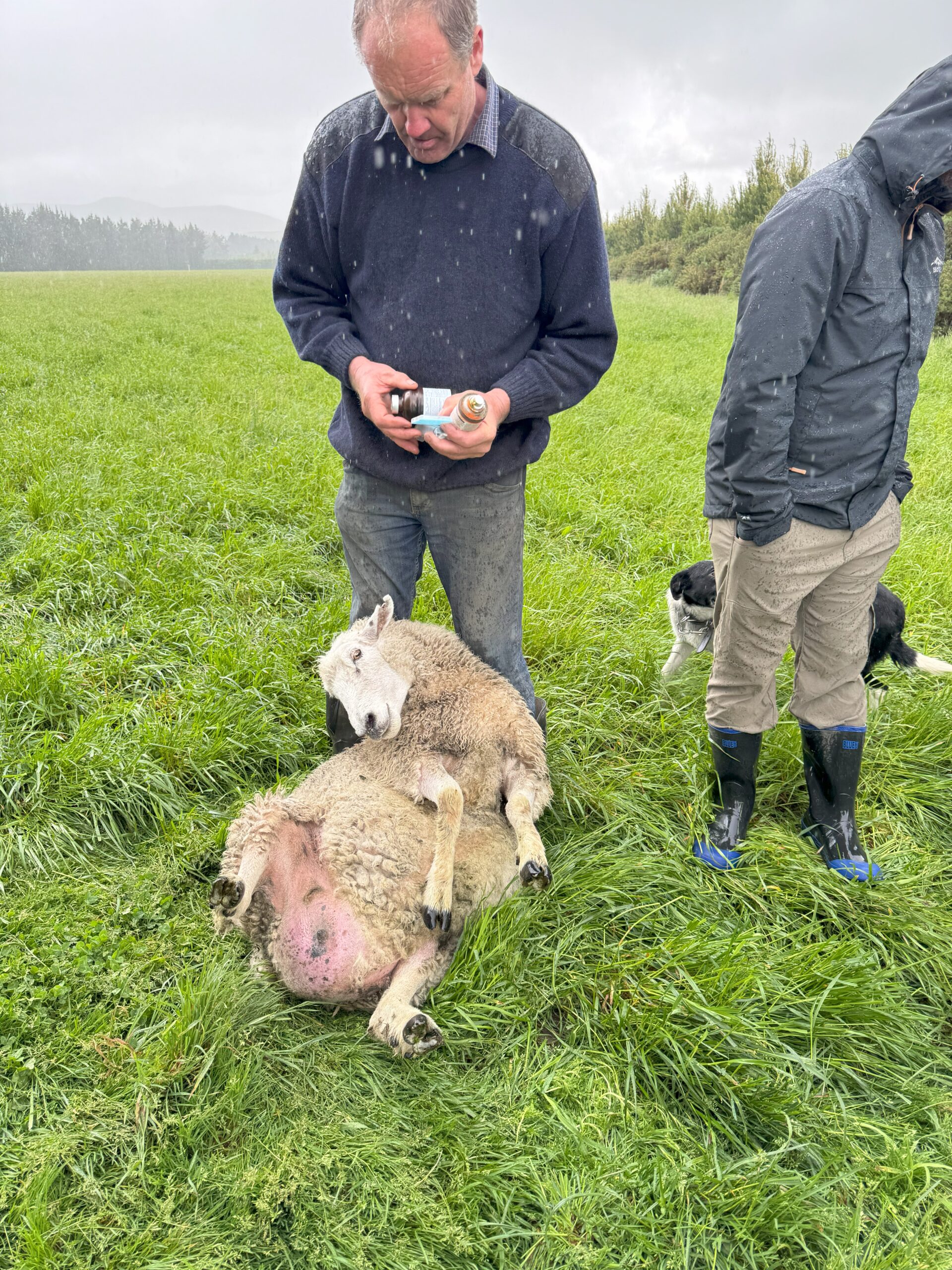 “God’s Flock Will Be Fed”
“God’s Flock Will Be Fed”
Sharing Christ’s Love Worship Series
Rev. Doc. Todd Speed
Decatur Prebyterian Church
December 10, 2023 – Second Sunday of Advent
Isaiah 40:1-11
I am convinced that a thorough study of history enables us to contextualize and understand more fully the events of the current age. Whether we are studying our family history or the history of the nations, reflecting theologically on the past enables us, in many cases, to draw from a well of hope for the future.
Prior to being carried off in exile to Babylon, today’s Baghdad, the people of Israel had been paying lip service to the worship of Yahweh. They had been ignoring the laws of Moses. Some were living lives of luxury while totally neglecting the needs of the poor. Some were exacerbating the suffering of the poor by taking advantage of those without power; they were paying unfair wages and corrupting the courts with their bribes. Many a false prophet were telling the people: all is well, do not worry, God is on your side.
After hundreds of years of the nation straying from God’s ways and ignoring the prophets, after generations of forgetting God’s laws and corrupting divine worship, after decades of injustice in the courts and cynical oppression of the poor, God finally allowed the error of their ways to catch up with them.
Nebuchadnezzar’s army besieged Jerusalem in 587 bce and Jerusalem was tragically defeated. All the leaders of Jerusalem were carted off to Babylon. There, with much despair and hopelessness regarding their nation; a whole generation passed away in captivity.
The people who had thought themselves to be “married” to God felt that God had divorced them. “How long, O Lord, how long?” cried the psalmist. “Wilt thou hide thyself forever?” Holy Scripture explains the exile as God’s righteous judgment upon a wayward people.
The prophets proclaim that the fruit of their ways resulted in severe consequences for their sin. It is hard to fathom the shared suffering of that generation. Jerusalem, the beloved and holy city, had been utterly destroyed, burned and flattened. Not one stone left upon another, as the scripture reports.
There had been massive casualties during the siege, untold numbers died. Their king had been blinded and led off in chains. Every leader of any consequence had similarly been carted off into exile to today’s Baghdad. They were held as prisoners in a foreign land; their way of life was devastated.
There seemed to be little hope left for the people of Judah. Their confidence was shattered and their existence in exile was marked by bitterness and defeat. “Is there a balm in Gilead”, they sang, “to heal the sin sick soul?”
In such distress, the people cried out: “Is God still with us?” From the shores of the distant Euphrates River, the Israelites wondered: “Can we sing the Lord’s song in this foreign land?” Is the God of Israel still our God? Has our God been defeated as well?
In the depth of despair, a word of comfort begins to arise. The prophet’s message begins to turn from judgment to forgiveness. To those exiles of Judah residing in Babylon, far from home, grieving, afraid, lonesome for home, God made a promise. God promised to show up – to come and be with his people again.
God promised to renew their strength, to bring order out of their chaos, to give them hope and a future.
Then, in 538 b.c., Cyrus of Persia (now Iran) defeated Babylon, and. perhaps unexpectedly, Cyrus decided to allowed the captives to return to their homeland, to begin the long process of rebuilding.
In chapter 40 of Isaiah, our text for today, the prophet’s mood has shifted. Chapters 1-39 outline the judgment of God prior to the exile, but chapters 40-55 are attributed to a later author, called Deutero Isaiah. This prophet writes post-exile, after the penalty has been paid and new life is yet to come.
Hear the Word of God from Isaiah 40:1-11.
Comfort, O comfort my people, says your God.
Speak tenderly to Jerusalem, and cry to her that she has served her term, that her penalty is paid, that she has received from the Lord’s hand double for all her sins.
A voice cries out: ‘In the wilderness prepare the way of the Lord, make straight in the desert a highway for our God.
Every valley shall be lifted up, and every mountain and hill be made low; the uneven ground shall become level, and the rough places a plain.
Then the glory of the Lord shall be revealed, and all people shall see it together, for the mouth of the Lord has spoken.’
A voice says, ‘Cry out!’ And I said, ‘What shall I cry?’
All people are grass, their constancy is like the flower of the field.
The grass withers, the flower fades, when the breath of the Lord blows upon it; surely the people are grass. The grass withers, the flower fades; but the word of our God will stand for ever.
Get you up to a high mountain, O Zion, herald of good tidings; lift up your voice with strength, O Jerusalem, herald of good tidings, lift it up, do not fear; say to the cities of Judah, ‘Here is your God!’
See, the Lord God comes with might, and his arm rules for him; his reward is with him, and his recompense before him.
He will feed his flock like a shepherd; he will gather the lambs in his arms, and carry them in his bosom, and gently lead the mother sheep.
The Word of the Lord. Thanks be to God.
*****
Barbara Brown Taylor is an Episcopal rector and world-renowned preacher. When she is not tending her chickens and other animals on her farm in Clarksville, she teaches college classes on religion and writes provocative books about the Christian experience.
One of her books, titled “When God Is Silent”, includes this quote: “Very few people come to me because they want to discuss something God said to them last night.
The large majority come because they cannot get God to say anything at all. They have asked sincerely as they know how for answers, for guidance, for peace, but they are still missing those things.”
God’s absence, God’s silence, provokes questions from us. Taylor continues: “A hiding of the divine face can bring people out of their own hiding. Then, once God has our attention, we begin to get our answers, and we often we discover that it has not been God’s absence from us that is the problem, but our absence from God.”
As one commentator put it, “nothing in human existence is as basic as divine absence and divine presence.” (Paul Hanson, Interpretation: Isaiah 40-66, p.25)
Much of our lives is lived either in the felt presence or the felt absence of God. If you have been feeling a lack of strength or ability to be the person you think you should be or to do the things you want to do, you are not alone. If you have been grieving over a loss that has become more poignant during the holidays, almost debilitating, you are not alone.
If you have been feeling great pressure in this season, like many Decembers, related to gift-giving and decorating and entertaining, pressure that can creep up and become overwhelming, you are not alone.
If you have been experiencing unfulfilled expectations about what your Christmas should be like for you or your family, while your current circumstances just do not match up, you are not alone.
If you have been partaking of the national and international news, and feel as though the world is falling apart, or about to explode, you are not alone.
Any of these conditions can lead a person to ask: “Where is God in all of this?”
Or, as the psalmist cried out: “Why, O soul, are you disquieted within me? or, “How long, O Lord? Will you hide yourself forever?”
The prophet’s message today offers hope for those who are lonely, for those who feel scattered, for those who are hungry in body or in soul, who are afraid and worried about their future. The prophet’s message offers hope for those for whom God seems utterly absent, for those who have received no word from God in quite some time.
The prophet’s message offers hope to those experiencing grief and despair, futility and confusion.
The Good News from God, as declared by the prophet, is that God is still God. God is still powerful and able and caring, and yes, God will show up, once again, to save. God will return to be with and to comfort the people. The good shepherd will ensure that the flock will be fed, and that the mother sheep will be gently led, and that the struggling ones will receive special care.
One of the highlights of our recent family trip was a visit with Sam and Cathy Bell and their border collie, Chad, on the Benlea Farm not far from Christchurch, New Zealand.

There, we experienced firsthand the work of a good shepherd. Part of our experience on the farm was to witness the farmer and his dog moving an entire mob of sheep from one paddock to another.
Sam and Cathy are the owners and caretakers of about 5000 acres of beautiful land, set in a valley along a river, not far from snow-peaked mountains. They watch over dozens of paddocks, or fields, and thousands of animals, including sheep, cows, and horses.
They live close to the land and understand in their bones the needs of their animals and of the land itself.
Given the promise of the prophet Isaiah this week regarding the shepherd and the sheep,
I wanted to share with you what we witnessed on the Benlea farm just a few weeks ago.
As the 600 plus sheep moved toward the gate at the corner of the paddock,
Sam noticed one mother sheep who was limping. He used Chad to separate the sheep from the mob, and then he brought her aside to examine her.

He leaned over, grabbed her two front legs and pulled her onto her back. She literally melted into his legs, fully trusting her good shepherd. He inspected her belly and discovered that her teats had become infected. He called to his daughter to bring the kit, and he proceeded to fill a large syringe with antibiotic, which he then administered into the sheep’s neck.
The sheep didn’t budge or cry out as he cared for her needs. Then he helped her back to her feet and sent her on her way with the rest of the mob. There were over 600 sheep moving towards that gate and the good shepherd Sam noticed that one of those sheep was limping.
Isaiah promises that this time of absence, this time of God turning God’s back and hiding, is soon to be over. The punishment will come to an end, the penalty will have been paid. A new season of hopefulness, of meaning and purpose, of fulfillment and joy, is just around the next corner.
“Comfort, O comfort, my people, says your God.” Make them strong again. Invigorate them, fortify them. I, myself, will give them this strength and hope, says the Lord. I will encourage, and relieve, and console them. I will come among them and change their entire way of thinking.
I will shift the mood of this nation from great despair to great hope for the future.
Human life will not always be of good cheer.
We should not expect our lives to be perfect and to always be happy. Not all our hopes will be fulfilled; not all our dreams will come true. But we should expect this, in this most “wonder-ful” time of the year… we should expect to know comfort.
We should expect to experience, in some way, the very presence of God, even if God has seemed absent for years.
In the fullness of time, the prophet proclaims, my Word will come, not just through a prophet, but through more than a prophet – a king. But not a king who looks out for himself, a king who looks out for the people, a shepherd. a good shepherd.
A humble child will be born and in him my Word will become flesh. And this Word will take root, and will spread throughout all the world.
The child to be born will be called Emmanuel, God with us. He will be our Good Shepherd, one who strengthens and comforts and protects.
Chapter 40 ends even more powerfully than it begins.
Why do you say, O Jacob, and speak, O Israel, ‘My way is hidden from the Lord, and my right is disregarded by my God’? Have you not known? Have you not heard? The Lord is the everlasting God, the Creator of the ends of the earth. He does not faint or grow weary; his understanding is unsearchable. He gives power to the faint, and strengthens the powerless. Even youths will faint and be weary, and the young will fall exhausted; but those who wait for the Lord shall renew their strength, they shall mount up with wings like eagles, they shall run and not be weary, they shall walk and not faint.
Comfort, O comfort, my people, says your God. Speak tenderly to those who are in distress. The Good Shepherd is coming to feed his flock. He will gather the lambs within his arms, and carry them in his bosom. And he will gently lead the mother sheep.
Thanks be to God. Amen.
Rev. Dr. Todd Speed
Decatur Presbyterian Church
Decatur, Georgia


